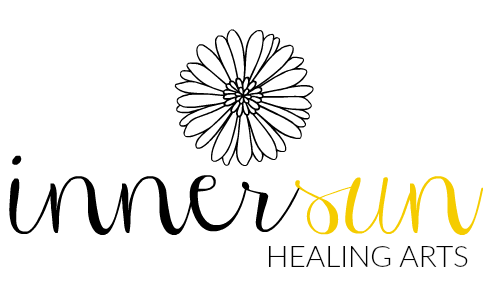Journaling As a Mindfulness Practice
/Journaling tangibly Helps us to connect to our inner world
Journal writing can be compared to practicing mindfulness. A journal records the movement of one’s inner experience - reflections of the mental, emotional, and image-laden events within the writer in that moment in time. When we write, we are conscious of what is being written and stay focused on the writing process without judgment or criticism. Both involve being present in the now. By being fully conscious and present of our actions and our breath, we become present in what we do. Writing and other creative endeavors are similar.
I write to gain more insight of an experience, to remember an event that occurred and to feel emotion and have deeper understanding of what’s going on inside. Journaling is about making connections to my higher knowing. It is a moment in time where I am fully present in the process – aware of my thoughts, my body, the kinesthetic quality of writing, and the environment I’m in. I’m taking it all in as a moment-to-moment process. In the end, I’m finished and can tuck it away safely, until the next time.
There is something about the ability to face the difficulties of life, when emotions are painful or when our inner critic is loudly speaking in our ear, to take pause and utilize this safe container. Here, we are give permission to release. We can more easily and mindfully breathe with compassion for ourselves, staying centered and grounded through the process. And because of this we can find healing.
Dr. James Pennebaker, author of Writing to Heal has seen improved immune functioning in journaling participants. Stress and feelings of overwhelm often come from emotional blockages and neurotic over-thinking. The ability to free ones thoughts and emotions through writing is shown to lower anxiety, stress and induce sound sleep.
Journaling doesn’t always involve writing about challenges. Writing about our positive experiences can be quite helpful as well. It becomes life reaffirming. And our physiology responds by releasing endorphins and dopamine, thus boosting our mood and our outlook of the world.
As is true with meditation practice, mindful journaling, through the act of presenting, allows us to cultivate appreciation for Self in each moment. It brings us to live more harmoniously with all things, because it allows us the time to know ourselves, what triggers us, and what we are curious about - all without distraction. And the more we write, the more connected we are to all that is.
A Mindful Journaling Prompt:
- Choose a quiet space in your home or in nature where you will not be distracted.
- Begin by letting go of the day’s events and any tension that you’re aware of in your body, and focusing on your breath for a few minutes. One inhalation and one exhalation at a time.
- When feeling more centered, write down a question. Write a few lines on anything you would like higher-self guidance on. Focusing on one question allows for deeper clarity and insight. For example, “How can I communicate more effectively with my boss?”; “Why do I have difficulty staying committed to exercising?”; or “How can I have deeper connection to my partner/spouse?”
- Start to write. Let go of the thinking, judging mind, and write without thinking through stream of consciousness. If you get stuck, you can write, “I feel stuck.” Whatever is happening, stay with the organic flow and just keep writing. There are no mistakes here. Write for 5, 10 or 15 minutes. You’ll know when you’re done.
- When finished, read through what you have written out loud to yourself.
- Notice what comes up for you somatically, emotionally and mentally, with a curious but detached awareness.
- Continuing to practice this technique will allow you to be more and more present with yourself!
-Tanya Vallianos
Tanya Vallianos, MA, LPC, ATR, NCC, EMDR III, EAP II is a psychotherapist in private practice in Fort Collins, CO. She can be reached at www.innersunhealingarts.com or 970-420-9504.











